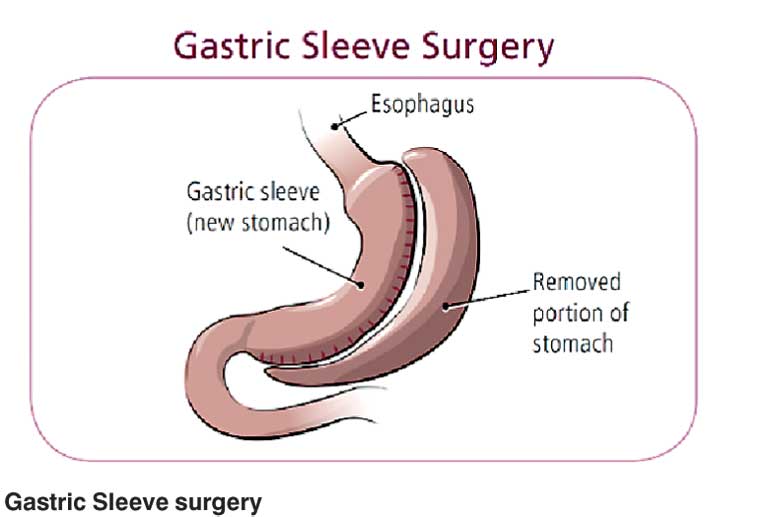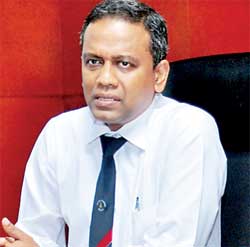Tuesday Feb 24, 2026
Tuesday Feb 24, 2026
Tuesday, 20 October 2015 00:03 - - {{hitsCtrl.values.hits}}
Rising to the demand that for many obese patients long term, sustained weight loss could be elusive, despite strict diet and weight loss programs, Asiri Surgical Hospital has commenced bariatrics, a field of medicine that specialises in treating obesity.
Ceylon Medical Journal estimates the prevalence of obesity as being 20% in males and a staggering 36.5% in females of this Country. Many diet and weight loss ‘quick solutions’ exists but questions are raised as to how effective they could be and how long-lasting, given the degree of obesity.
Addressing stage 3 obesity (classified sometimes as a woman of average height weighing over 100 kgs) as a complex clinical condition, needing modern treatment protocols including surgery to manage the drastic and sometimes fatal effects of excess weight, Asiri Surgical Hospital offers Bariatric surgery from a team of Doctors and medical specialists who care about the long-term outcome of their patients.

Led by consultant surgeon and senior lecturer in surgery of Colombo South Teaching Hospital and Department of Surgery, University of Sri Jayewardenepura, Dr. Thejana Kamil Wijeratne, along with a team including endocrinologists, cardiologists, physicians, anesthetists and dieticians all work together to help the bariatric patient heal and succeed on their path to weight loss, safely and effectively.
“Diet and exercise are not always enough for individuals with severe obesity and can achieve only 5% reduction of excess body weight,” explained Dr. Thejana Wijeratne. “Bariatric surgery is a safe, minimally invasive procedure that changes your digestive system so that the body takes in fewer calories, thus changing the body’s energy balance so that patients eat fewer calories than what they burn. Bariatric surgery gives the tools, education and support to lose weight safely and maintain a healthy weight in the long-term.”
The morbidities of excess weight are immense. Diabetes, hypertension, fatty liver, high cholesterol, obstructive sleep apnea and weight related joint issues are the more commonly known disorders, while in women polycystic ovarian and sub-fertility are also  consequences.
consequences.
Dr. Wijeratne pointed out that when women are obese, their fertility levels drop drastically and with weight reduction, ability to conceive is higher. Diseases such as cancer, strokes, gout and stones in kidney and bladder are also often associated with excess bulk and weight.
Severe obesity is classified by World Health Organization (WHO) as those with Body Mass Index (BMI - a weight over height measurement) of over 35 with weight related disease or 40 and bariatric surgery is decided through a lengthy and rigorous process and thorough evaluation of the patient’s medical history.
Two types of bariatric surgeries are offered, one being restrictive, that reduces the size of the stomach to prevent over-eating and limit excessive intake of food and the other being malabsorptive, which is a laparoscopic duodenal switch or mini gastric bypass, which alters the digestive pattern and limits food absorption.
Dr. Ruwan Senatilleke, Medical Director of Asiri Surgical Hospital, commenting on the surgery, said: “Choosing the right provider of such surgery is critical.” He went on to add that Asiri Surgical Hospital, being in the forefront of medical and healthcare services, had installed a special operating unit complete with a trained team of qualified specialists in the field to create a centre of excellence for bariatric surgery.
Asiri Surgical offers a full range of bariatric care services to support patients throughout the entire process including a thorough physical and psychological pre-operative evaluation, pre and post-surgery counseling and a long term follow up plan to help patients commit to the lifestyle changes needed to achieve and maintain such results.